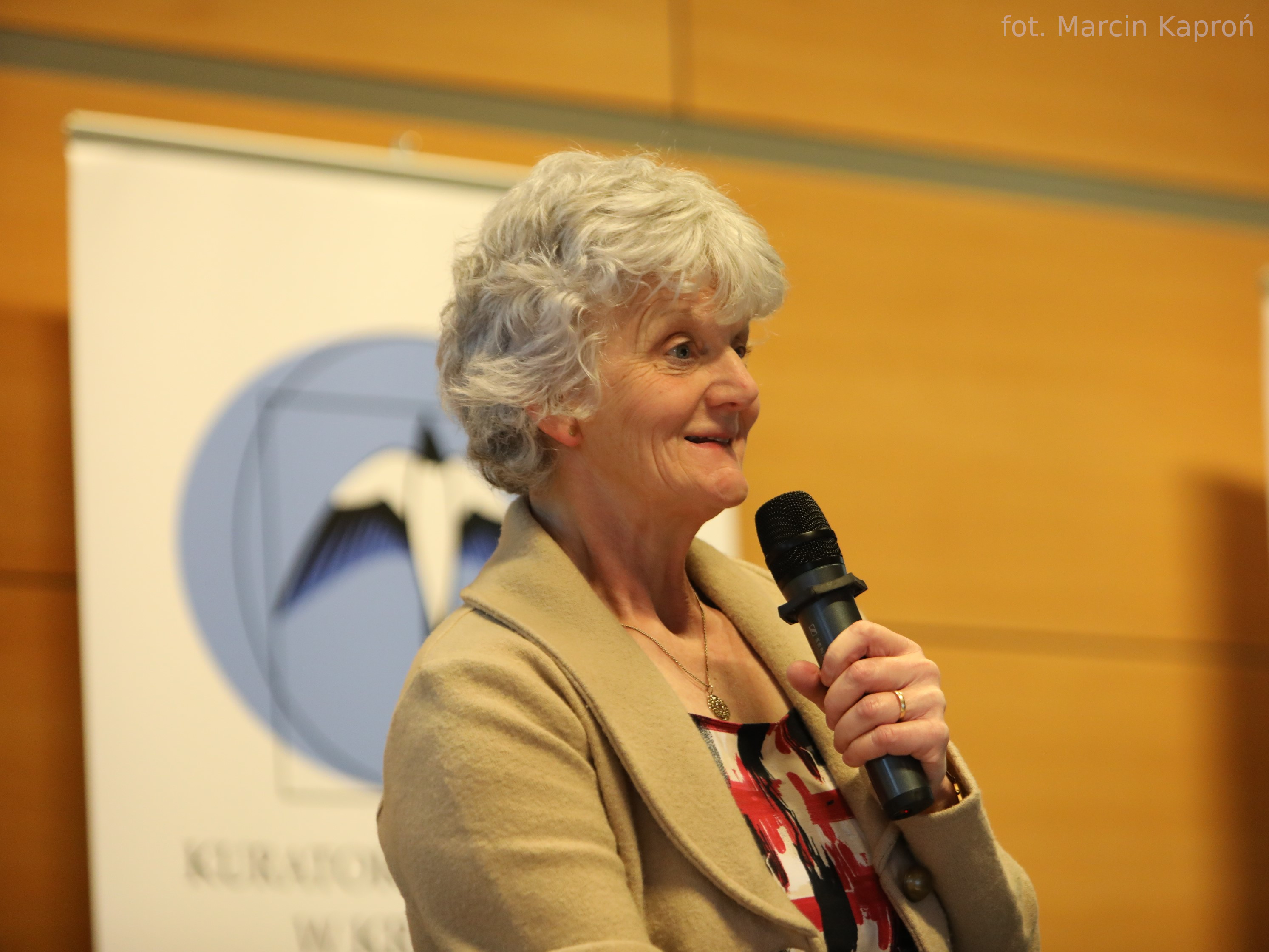In November 2020, the Agency contributed to the second round of online regional consultation meetings in the Supporting the Improvement of Quality in Inclusive Education in Poland project. The first round of meetings took place in March 2020. The project is supported by the European Union’s Structural Reform Support Programme (SRSP) and is being implemented in co-operation with the European Commission’s Directorate General for Structural Reform Support (DG REFORM).
During the nine online regional consultation meetings organised by the Polish Ministry of Education and Science (MEiN), the Agency presented the draft assumptions that will underpin the proposal for new legislation on inclusive education in Poland. These assumptions are now directly linked to and cross-referenced in the Ministry ‘Model of Education for All’ (Model Edukacji dla Wszystkich).
Over 520 people participated in the meetings, including learners, parents, teachers and school leaders from mainstream and special schools, local support staff and representatives from local and regional governments, educational authorities, universities and support organisations. Patricia Perez-Gomez and Sylwia Czort joined the opening session and the summary sessions on behalf of DG REFORM. They conveyed the Commission’s readiness to support Member States that engage in reform paths to achieve more inclusive education, and very specifically in Poland, where DG REFORM has provided continuous support since 2018 through two consecutive projects.
The wide range of stakeholders ensured good regional representation in the discussions. Participants shared their views on the assumptions, possible additions and challenges they face in implementing inclusive education. They also provided feedback on the opportunities offered by the draft assumptions.
A web-based consultation on the possible social impact of the assumptions (in Polish) ran alongside the regional consultation meetings, to get additional inputs on the proposed legislative assumptions.
A learners’ meeting also took place in December 2020. During the meeting, 120 learners from pre-schools, primary schools and post-primary schools had an opportunity to voice their views on inclusive education.
The feedback collection process is vital to promote the commitment of stakeholders. Feedback from the meetings will be presented in the final proposal for assumptions which the MEiN will consider for the new legislation.
